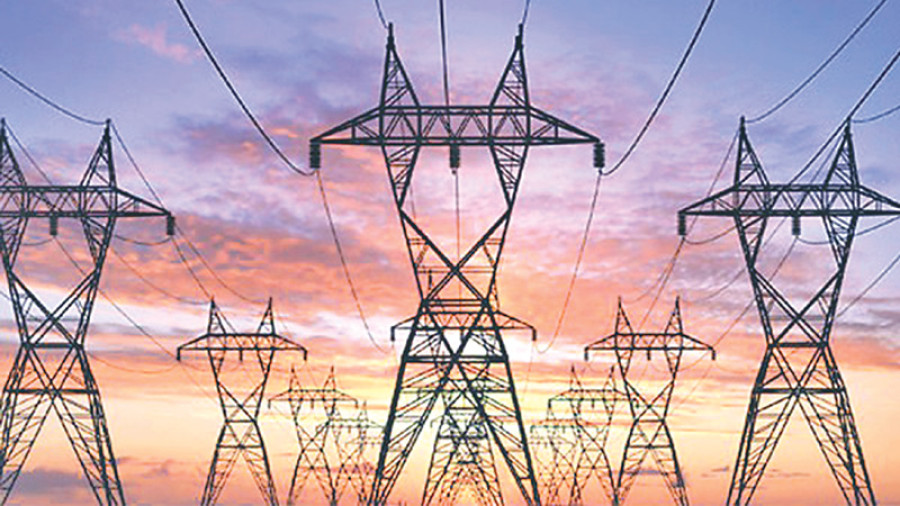Money
‘Power trading guideline does not debar pvt firms’
The Indian government, which has been criticised for trying to discourage private power producers in Nepal from exporting energy to India,
The Indian government, which has been criticised for trying to discourage private power producers in Nepal from exporting energy to India, has said the recent guidelines on cross-border electricity trade does not “debar” private companies from selling power across the border and regulations that are soon being introduced will clarify most of the ambiguous issues.
The Indian government had issued Guidelines on Cross Border Trade of Electricity on December 5, formally opening the gateway for Nepal to sell electricity in India.
The guidelines were introduced “to facilitate and promote cross border trade of electricity with greater transparency, consistency and predictability in regulatory approaches”, as trade of electricity with countries such as Bangladesh, Bhutan, Nepal and Myanmar are taking place mostly through government-to-government negotiations, the Indian Embassy in Kathmand said in a statement on Monday.
The present guidelines give the broad contours on cross border trade of electricity, says the statement, adding, “The detail process and procedure will be made more transparent through the regulations, which will be issued shortly by Central Electricity Regulatory Commission.”
In the guidelines, the Indian government has said only Nepal-based companies wholly owned by the Indian government or the public sector, or private companies with 51 percent or more Indian stake would be eligible to export power to India. These companies would be given one-time approval to sell power in India, the guidelines said.
Also, companies owned or controlled by the Nepali government would be allowed to sell power in India upon getting one-time approval from Indian authorities.
But other companies eyeing the Indian power market can export power to India only “after obtaining the approval of the designated authority on case to case basis”, the document said. This provision, experts told the Post, would discourage foreign investors as well as private Nepali power developers from building big export-oriented projects in the country.
India has, however, said the guidelines “do not debar other companies or entities from participating in the trade of electricity”.
“Even though power exchanges are not operational in the neighbouring countries and they don’t have significant experience of trading power through the power exchanges, India has taken the lead in promoting trade of electricity by neighbouring countries through Indian Power Exchanges,” says the statement, adding,
“The modalities and products of such power trade through the exchanges will be as per the extant power market regulations.”
The guidelines, according to the statement, are based “broadly on the experience gained over the years”.
Presently, electricity trade has increased manyfold among some of the South Asian countries, particularly Bangladesh, Bhutan, India and Nepal.
India, for instance, supplied around 2 billion units of electricity to Nepal in the last two years. It has also supplied around 6 billion units of power to Bangladesh in the last three years.




 20.12°C Kathmandu
20.12°C Kathmandu













